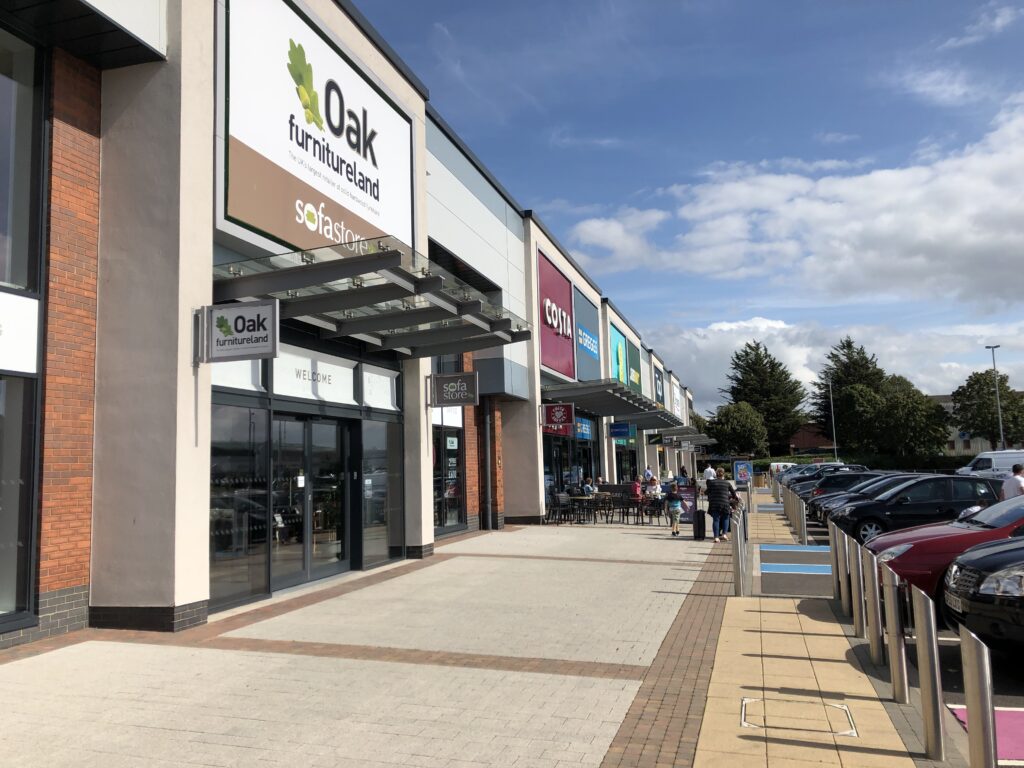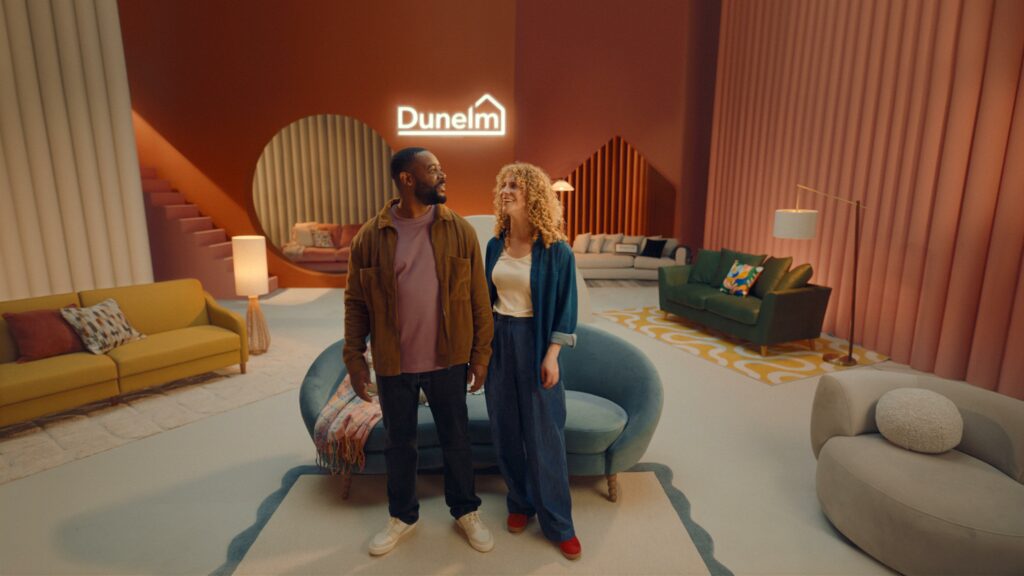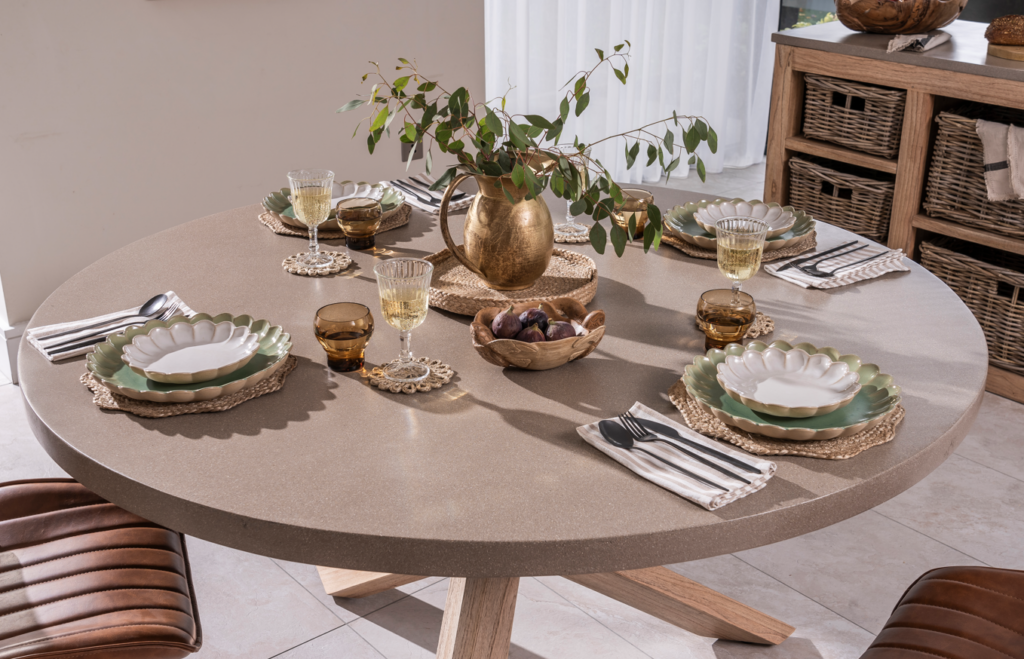David Marsden, founder and partner at advisory firm Park Place Retail, shares an insight into the retail park property landscape with a particular view on the furniture and beds sector.
Late last year, Park Place Retail formed, comprising eight partners specialising in retail warehouse leasing and investment. The eight partners, which have worked together for many years, both at Wilkinson Williams and Avison Young, include David Marsden, who represents a mix of institutional and private investors including Realty, NFU Mutual, Columbia Threadneedle, LondonMetric and The Crown Estate.
David also sits on the Executive Board of Directors of Accessible Retail, the industry body representing the interests of retail warehouse occupiers and owners, and has over 25 years of retail warehouse market experience.
“I’m a Chartered Surveyor and I started my career at Dixons Stores Group (now Currys) in 1999 before joining leading retail warehouse property consultants Wilkinson Williams in 2002, where I became a partner before selling the business to Avison Young in 2018,” David told us. “I then founded Park Place Retail in November 2023 with seven business partners, all of whom I worked with at Wilkinson Williams. We are really excited about our new venture and keen to grow. We advise a host of both occupier and investor clients, many of whom we have worked with for two decades or more. This helps us understand both sides of any transaction and advise accordingly.”
With a deep knowledge of the retail property market and its constant evolution, David outlined what he expects to see moving forward, while also indicating the main areas of category growth. “The retail property market is always evolving and we are now seeing record low levels of voids on retail parks, which is the location of choice for bulky goods retailers. The main area of growth is from the discount food and variety retailers such as Aldi, B&M and Poundland for example.
“We have also seen a diversification by way of non-retail uses on retail parks such as gyms/leisure and even healthcare operators. We currently advise investor clients on circa 22 million sq ft of retail warehouse space, of which only 2.8% is vacant. This compares with the market average of 5.6%. With strong footfall and low vacancy rates, we expect to see rents increasing in strong trading locations despite the economic headwinds.”
Drilling down to the furnishings sector more specifically, David said that there is growth in this category, but far from the rapid pace of those sectors highlighted above. He explained: “From our experience, the furniture and beds market are expanding, but at a fairly modest rate. Most established operators have mature portfolios, so are only acquiring a handful of units a year and these are often re-sites to units which better meet their needs.

“We are seeing the emergence of some new occupiers, but we aren’t experiencing the race for space that we have done in the past. There will always remain a need for customers to see and feel the product, resulting in the need for physical stores. Retail parks provide ideal, accessible and convenient locations for furniture occupiers.”
Reflecting on changes over the past 12 months, David added that the number of vacant and available units on retail parks has been steadily declining and he is expecting this to continue and to set a new record low later this year. “We have been through a period of rental rebasing, particularly since the pandemic, but that seems to have bottomed out and the shortage of space is likely to lead to rental growth in the medium term.
“Sadly, the macro-economic factors may lead to some corporate failures, but we are aware of a handful of European furniture retailers who are looking for space in the UK, and they could well fill any voids. Retail parks are thriving and look set to continue.
“One of the biggest issues over the last 12 months has been the cost of construction and raw materials. This has stifled the feasibility of new development and the refurbishment/reconfiguration of retail space. We believe this has peaked and is set to reduce, which should improve the prospects for owners looking to invest in their bricks and mortar assets.
“Finally, the green agenda has become front and foremost in many investors’ strategies, partly due to the forthcoming changes to Minimum Energy Efficiency Standards (MEES). We are now seeing initiatives such as EV chargers and renewable energy sources, predominantly by way of PV cells on roofs, becoming more prevalent and retailers are having to consider LED lighting and de-gassing their units to minimise the harm to the environment.”
If the retail park scene fits your furniture business expansion plans, David urges retailers to seek professional advice before taking the plunge. “All too often, we see retailers trying to “save” money by doing it themselves, but this is generally a false economy. The market is dynamic and the legal framework can be a minefield for the ill-informed.
“Seeking advice from a reputable and established company, such as Park Place Retail, will ensure you pay a fair price/rent, secure the terms and incentives that are suitable for the specific transaction and safeguard against onerous lease clauses which could end up costing significantly more than if you had paid for advice in the first place.”















